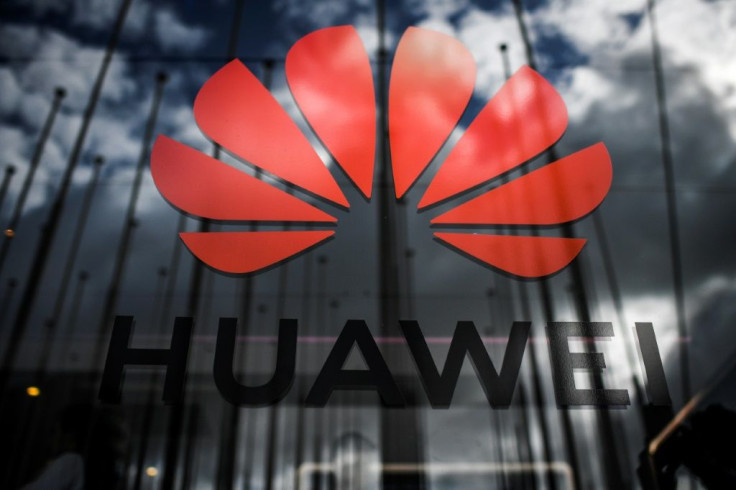Huawei Lawsuit: Why Is The Chinese Tech Giant Suing The FCC?

Chinese tech company Huawei has filed a lawsuit against the Federal Communications Commission (FFC), asking the federal court of appeals to overturn the agency’s decision to ban carriers in rural America from using the Universal Service Fund (USF) to purchase its equipment.
The company filed the suit in the U.S. Court of Appeals for the Fifth District, claiming that the FCC’s order was “unlawful” as it fails to offer Huawei “due process protections” in labeling it as a national security threat.
The FCC banned Huawei from the USF program in November over concerns about its connections to the Chinese government. The Trump administration also placed Huawei on a blacklist back in May, preventing any U.S. company from doing business with it without a proper license.
In its suit, Huawei claims that the FCC’s arbitrary findings were unsubstantiated and without proper evidence, sound reasoning, or analysis, which it said was a violation of the U.S. Constitution, Administrative Procedure Act, and other laws.
Huawei said that the FCC ignored facts and objections raised by the company as well as rural carriers during the March 2018 case despite providing 21 rounds of detailed comments on how the order would harm residents and businesses in remote areas.
“Banning a company like Huawei, just because we started in China – this does not solve cyber security challenges,” Dr. Song Liuping, chief legal officer at Huawei, said during a press conference.
“Carriers across rural America, in small towns in Montana, Kentucky, and farms in Wyoming – they choose to work with Huawei because they respect the quality and integrity of our equipment,” Song added. “The FCC should not shut down joint efforts to connect rural communities in the U.S.”
Song also expressed concern for rural America, saying the Huawei is one of the only companies willing to do business in these remote regions that often have difficult terrain and small populations. He claimed that the FCC’s “rip-and-replace” proposal would cost hundreds of millions of dollars and force some smaller carriers to go bankrupt.
Huawei’s lead legal counsel, Glen Nager also claimed that the FCC exceeded its “statutory authority,” saying the agency doesn’t have the authorization to make national security decisions, including the restriction of USF funds or designating Huawei as a security threat.
“The designation is based on a fundamental misunderstanding of Chinese law and on unsound, unreliable, and inadmissible accusations and innuendo, not evidence. The designation is simply shameful prejudgment of the worst kind,” Nager said.
© Copyright IBTimes 2024. All rights reserved.




















